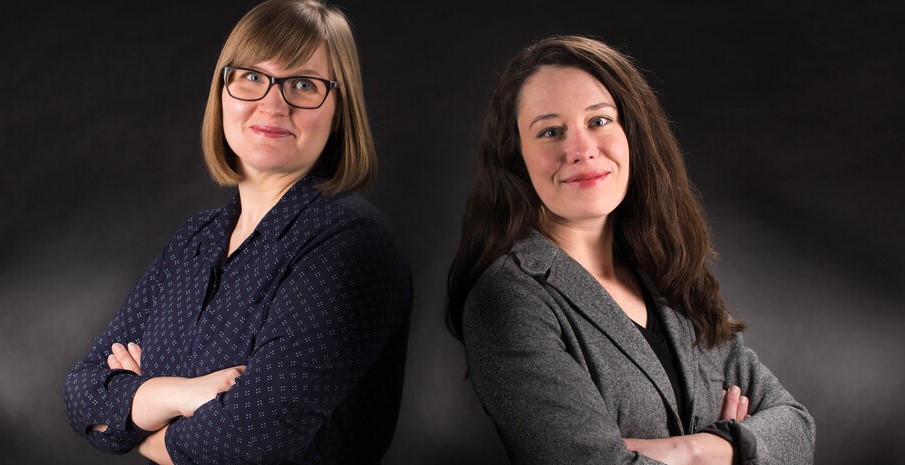Kateri Hartman, June 30, 2020
Expert alert: Religious freedom and the Supreme Court’s decision on LGBTQ rights
The U.S. Supreme Court’s decision that Title VII of the Civil Rights Act of 1964 includes protections for LGBTQ individuals from job discrimination could lead to more discrimination lawsuits, changed attitudes and pushes for religious freedom, according to Emily Kazyak.
Emily Kazyak, associate professor of sociology and women’s and gender studies at the University of Nebraska-Lincoln, and Kelsy Burke, assistant professor of sociology at UNL, have studied religious freedom laws and LBGTQ rights for years and have published multiple studies on the subject. Kazyak and Burke are working under a grant from the National Science Foundation to research the civil rights of minorities and whether individuals may be exempt from adhering to nondiscrimination laws because of religious belief. Kazyak and Burke are available for interviews regarding the Supreme Court decision, LGBTQ rights and religious freedom laws.
One of Kazyak’s studies, co-authored with Mathew Stange, showed that after the Supreme Court decision legalizing same-sex marriage, people became more supportive. She believes the Supreme Court matters for public opinion and that public support for these non-discrimination laws will increase. Kazyak and Burke’s research already showed high levels of existing support, as 75% of Nebraskans supported these laws before the decision.
While popular support for LGBTQ employment protections may increase, Kazyak thinks the recent decision also may incentivize people to claim religious exemption.
“We’re seeing progress in some ways, on some issues, but then the fact that questions about religious exemption are being raised gives us pause and points to ongoing legal battles that will likely occur,” Kazyak said.
LGBTQ people will now be able to bring federal lawsuits for discrimination, something they were unable to do in the states without laws against job discrimination. Employers might then seek religious exemption if they feel that hiring someone goes against their sincerely held religious beliefs.
“These two seemingly contradictory protections are likely to collide with one other in the future,” according to Burke and Kazyak. “It will again be left to the courts to decide whose claim to protection has the greater validity.”






